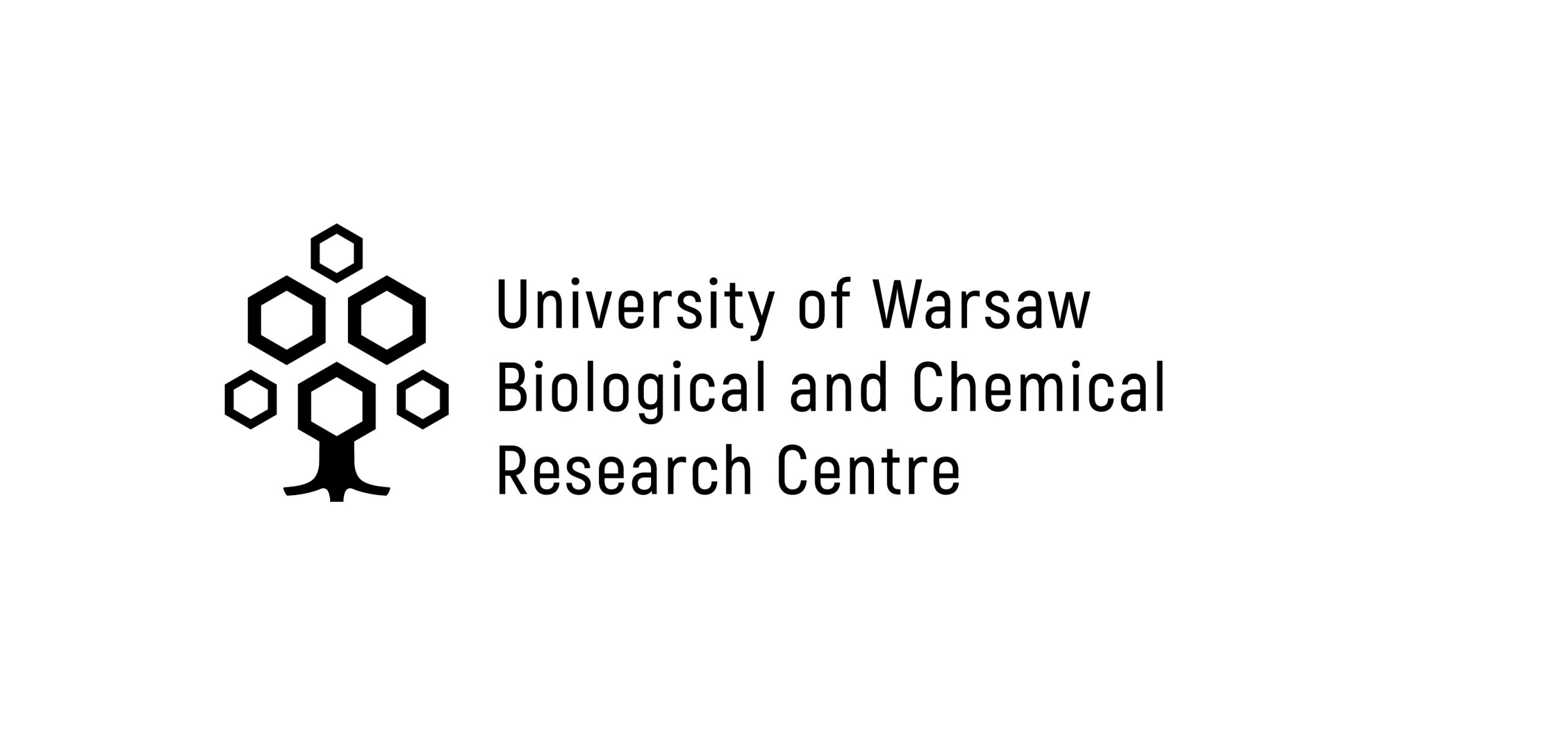Eukaryotic Microorganisms
Description of the group
This group represents the Department of Molecular Phylogenetics and Evolution. Our research interests include diversity and molecular evolution of chosen groups of protists (eukaryotic microorganisms). Protists occur in diverse habitats worldwide and represent a major part of eukaryotes’ diversity. The main subject of our studies are photosynthesizing euglenids – unicellular algae common in small freshwater ponds, especially in polluted waters (wastewaters from sugar refineries, dairies or containing heavy metals). Some species of euglenids may form toxic blooms, dangerous for fish.
Research Activities
- Systematics, phylogenetics and evolution of green euglenids. We try to better assess the diversity of these organisms by isolation of new species from the environment, microscopic observations and molecular research. Moreover, we attempt to recreate relationships among euglenids by preparing a reliable phylogenetic tree, comprising the highest possible number of taxons. So far, only 5% of species have had their representations on phylogenetic trees. Therefore, relationships among taxons have not been recognized appropriately.
- Molecular identification. We are working on a universal, fast and precise method of molecular identification of particular taxons (barcode DNA), that will allow monitoring of euglenid diversity in waterbodies, with special consideration of species able to form toxic blooms.
- Origin and evolution of unconventional introns. In nuclear genes of euglenids, apart from conventional spliceosomal introns present in most eukaryotes, there are unconventional introns, removed independently of spliceosome. We study the origin of these introns, mechanisms of their removal from primary transcripts, and mechanisms of inserting to new positions in nuclear genes.
- Evolution and origin of secondary chloroplasts. In many groups, including euglenids, chloroplasts originated as a result of secondary endosymbiosis. By use of transcriptomic data, we study potential evolutionary lines, that may have been chloroplast donors, and the evolution of euglenids after acquisition of chloroplast.
Furthermore, we perform consultations and expert opinions, including:
- Identification of toxic species of euglenids in fish ponds;
- Environmental expert opinions, especially on algae in wastewaters (from sugar refineries, dairies or containing heavy metals);
- Algological consultations for antique restoration and construction (algae communities on plasterworks, roof tiles, sandstone façades and other construction materials).
Team Leader
Author or co-author of nearly 50 scientific articles and chapters in books on taxon[1]omy, phylogeny and evolution of green euglenids. Since 2000 Head of the Department of Molecular Phylogenetics and Evolution (until 2015 named the Department of Plant Systhematics and Geography); winner of many individual and team awards from the Rector of the University of Warsaw for her scientific achievements; awarded the Silver Cross of Merit for her teaching achievements and organizational activity at the Univer[1]sity of Warsaw; manager and contractor of many Polish (KNB, MNiSW, ΝCN), American and Spanish research projects
